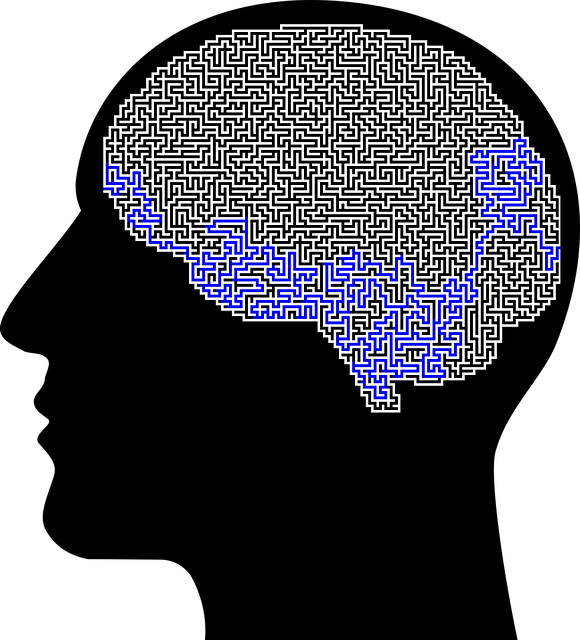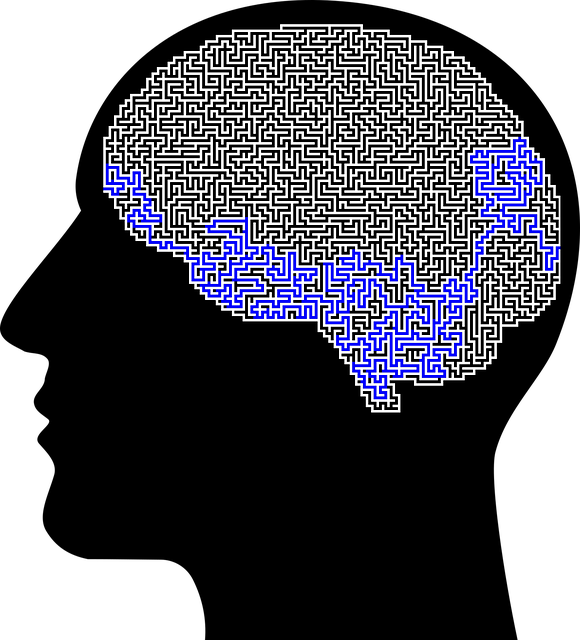Children experiencing functional neurological disorders (FNDs) due to stress from academic pressure, peer relations, and family dynamics can benefit from specialized therapy focused on emotional healing and coping mechanisms. This approach, which incorporates techniques like mindfulness, breathing exercises, cognitive reframing, physical activity, and creative expression, aims to build resilience and promote mental wellness. Creating peaceful environments at home and school through modifications like natural elements, relaxation spaces, consistent routines, and educational campaigns also supports children dealing with FNDs in managing stress effectively.
Stress reduction methods are crucial for children’s holistic development, especially when considering their burgeoning minds and the potential impact of functional neurological disorders (FNDs). This article delves into effective strategies for managing stress in young individuals. We explore tailored therapy approaches, practical coping mechanisms, and calming environment solutions, both at home and in school. Understanding FNDs’ role in childhood stress is key to implementing supportive interventions that foster resilience and emotional well-being.
- Understanding Stress in Children: Unveiling the Functional Neurological Disorder Connection
- Therapy Approaches: Tailoring Support for Young Minds
- Practical Strategies: Empowering Kids to Manage Stress
- Creating a Calming Environment: Home and School Solutions
Understanding Stress in Children: Unveiling the Functional Neurological Disorder Connection

Stress in children is a growing concern, often stemming from various sources such as academic pressure, peer relationships, and family dynamics. What’s increasingly recognized is the connection between stress and functional neurological disorders (FNDs). FNDs, characterized by physical symptoms with no organic cause, can manifest as anxiety, depression, or even more severe behavioral issues. Understanding these links is crucial for implementing effective therapy for children.
Therapy for children suffering from stress-related FNDs often involves a multifaceted approach. Mental wellness coaching programs focused on emotional healing processes have shown promise in addressing underlying triggers and teaching coping mechanisms. Additionally, healthcare provider cultural competency training is vital to ensure sensitive and effective treatment, considering the impact of social and cultural factors on a child’s mental health.
Therapy Approaches: Tailoring Support for Young Minds

Young minds face unique challenges when it comes to stress and mental health issues. This is where tailored therapy approaches become essential in providing effective support. One such approach that has gained prominence is therapy specifically designed for children with functional neurological disorders (FNDs). These disorders often manifest as physical symptoms without a clear medical explanation, impacting a child’s daily life and well-being.
Therapy for children with FNDs focuses on addressing the underlying emotional and cognitive factors contributing to their symptoms. It involves techniques such as compassion cultivation practices, which teach young individuals to cultivate empathy, kindness, and self-compassion. Additionally, incorporating Mind Over Matter principles can empower kids to manage stress by understanding and challenging negative thought patterns. These therapeutic methods are carefully crafted to meet the developmental needs of children, ensuring they receive the best possible care for their mental health education programs.
Practical Strategies: Empowering Kids to Manage Stress

Stress is an inevitable part of life, but teaching children practical strategies to manage it can empower them to develop inner strength and resilience. For kids dealing with conditions like Functional Neurological Disorder (FND), stress reduction methods become essential tools in their therapeutic journey. Therapy for Children specializing in FND often incorporates compassion cultivation practices, encouraging young minds to nurture empathy and self-compassion.
By teaching children mindfulness techniques, deep breathing exercises, and cognitive reframing, they gain a sense of control over their emotions. These practices not only help them navigate stressful situations but also foster a positive mindset. Encouraging regular physical activity, engaging in creative outlets like art or music, and establishing consistent sleep routines are additional strategies that contribute to overall well-being and stress reduction for children facing FND challenges.
Creating a Calming Environment: Home and School Solutions

Creating a calming environment is a powerful tool for managing stress and promoting mental wellness, especially for children dealing with conditions like Functional Neurological Disorder (FND). In both home and school settings, simple adjustments can significantly impact a child’s ability to regulate their emotions and cope with stressful situations. For instance, incorporating natural elements like indoor plants or soothing colours into the environment can reduce anxiety and foster a sense of tranquility.
At home, establishing a dedicated space for relaxation—complete with comfortable seating, soft lighting, and perhaps a Mental Wellness Journaling corner—can provide a safe haven. Regular routines and consistent rules, combined with practices such as deep breathing exercises or guided imagery, offer valuable emotional intelligence tools. Similarly, schools can benefit from implementing public awareness campaigns that educate students about stress management techniques, encouraging peer support and creating an overall more calming atmosphere.
In conclusion, addressing children’s stress involves a multi-faceted approach, from understanding its underlying causes like functional neurological disorders to implementing tailored therapy and practical strategies. By creating calming environments at home and in schools, we can empower young minds to manage stress effectively. Remember that early intervention through appropriate therapy for children with functional neurological disorders is key to fostering resilience and promoting healthy development.










